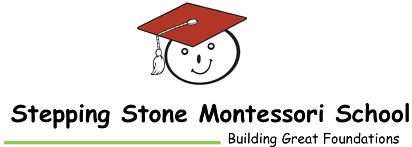Learning Through play
It is so important for our young children to have playtime. It could be indoors or outdoors. It does not only help with the gross motor development but so much more!

While playing the children get a chance to communicate with others which gives them the opportunity to enhance all the following skills:
- Social skills
- Problem solving skills
- Leadership qualities
- Being a team player
- Develops cognitive skills
- Physical development
- Developing Emotional skills
- Fine and gross motor skills
- Getting physical strength
- Control of self
- Self confidence
- Grace & Courtesy
- Self-awareness
- Feeling closer to nature
- Taking care of the nature
- Being part of the community
Infants: Studies have shown that parents who play with their baby can help promote their cognitive development, and as they get older, the children will do better with language and math skills. Play also helps promote physical growth. Play will help babies develop their fine and gross motor skills.
An Infant certified Montessori teacher prepares the environment for her babies, she introduces the learning tools, which we call materials and then step back and allow them to learn through hands-on play and exploration.

Toddler and Primary: The adult in these environments do the same. They set up the age-appropriate manipulative for them to explore. The outside playground with playset, monkey bars, obstacle course are the best way for their physical growth along with social development. This is the time for independent play to build a child’s imagination, problem-solving skills, creative thinking etc. This gives some time for the teachers to observe them outdoors. They can observe their many skills, such as grace & courtesy, helping and guiding skills, gross motor skills, movement and flexibility, being kind and polite, the leadership quality etc.

Dynamic play, cooperative games and non-competitive activities cultivate a connection between mind and body for the children of young age. These practical life tools help with physical education. It instills a positive attitude in children towards exercise and they enjoy it so much. Playground helps build the relationship between mental development and physical movements.
“Free activity makes children happy. We can see how happy they are, but it is not the fact that they are happy that is important; the important thing is that a child can construct a man through this free activity. ” Maria Montessori
